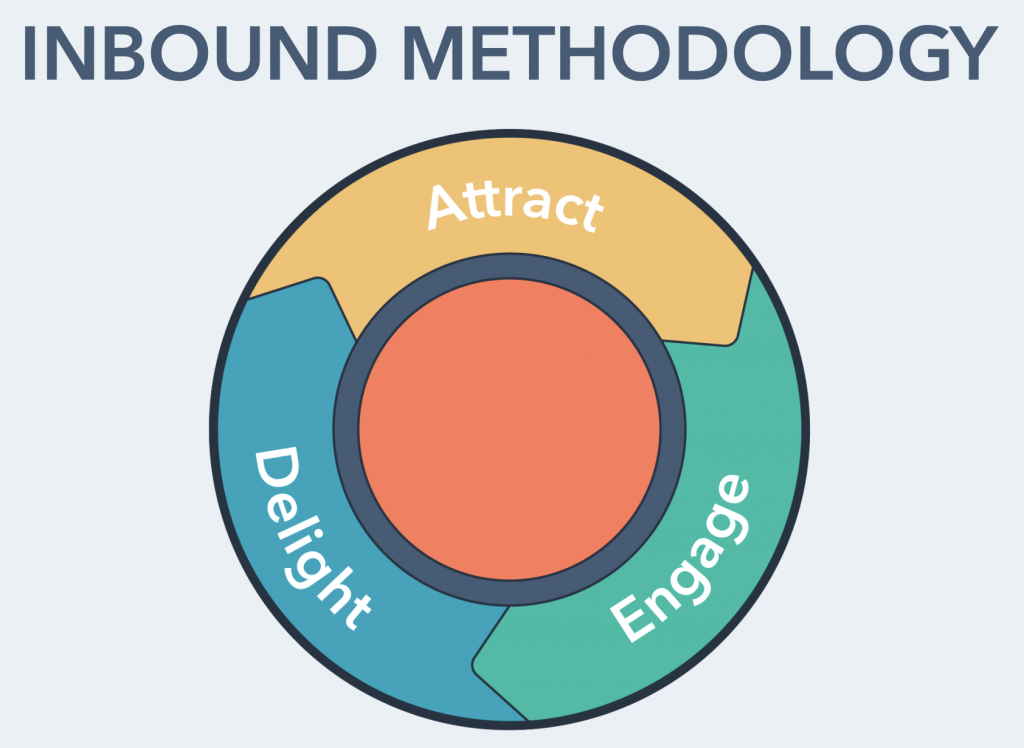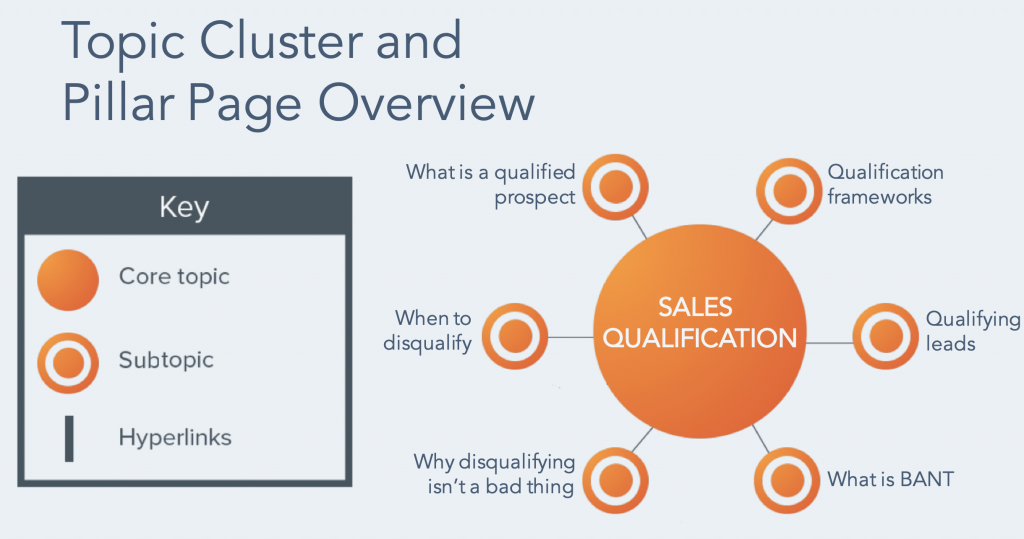Throughout the MBA Marketing course of Digital Marketing 584 at Oregon State University, I was tasked with the assignment of completing a digital marketing certification of my choosing. If you’ve ever taken the time to browse all of the avenues to get certified in this industry, you know that there are many to choose from and it’s difficult to know which one works best for your career goals. After careful consideration and research, I landed on the HubSpot Inbound Marketing Certification.
What made Hubspot’s Inbound Marketing Certification stand out to me?
What drew me to a marketing career in the first place: storytelling and relationship building. To me, a successful marketing campaign is really a great story told by the brand to build long-term connections with its consumers. The Inbound Marketing Certification by HubSpot is all about creating the right content for the right person at the right time in their buyer journey. When you can hit that content sweet spot, your business is perceived as helpful, knowledgeable, trustworthy, and thus the relationship can be formed!

Here’s a brief breakdown of HubSpot’s Inbound Marketing Certification:
The Inbound Marketing Certification is a ten-section course that covers marketing techniques that move consumers down your marketing funnel and range from creating content, using social promotion, converting and nurturing leads, to marketing to your long-term customers. The estimated time of completion for this program is technically four hours through 34 videos and nine quizzes. However, with studying and general time balancing of everyday life, I’d budget at least a week to fully absorb the content. For this part-time student/full-time employee, it took me a little over a week to fit it all in and be ready for the exam.
Some of the basics include I learned include…
The Inbound Methodology. This was drilled into my head throughout the course as a simplified version of the buyer journey or marketing funnel we’re all familiar with. Attract by building trust, engage by discovering more about your consumer, and delight by empowering people to grow with your business as a co-resource.

Creating content and conversation strategy that hits each stage of the methodology. Topics included best practices for optimizing blogs, better conversation strategies on social media, and how to create effective pillar pages and subtopic clusters with a clear call to actions on your website.

Conversion and lead nurturing. Not every sale happens immediately. Optimizing your conversion strategy and creating an effective lead nurturing system allows consumers to easily move down the marketing funnel and coexist with the sales team. Timely feedback between marketing, sales, and customer service teams is essential for these to be successful.

For the full list of course topics, click here.
Should You Take HubSpot’s Inbound Marketing Certifiaction
Overall, I found this certification to be incredibly helpful. Some of the content is familiar if you’ve worked in or studied materials related to digital marketing which makes this program easily digestible, and some of it will provide supplementary value you didn’t know you needed. What really stood out to me about HubSpot’s learning center is the organization of the courses. Sure, I already knew topics like best practices for website optimization, but the way they take all of that information and deliver it through videos, slides, downloadable study guides, and additional blog resources creates a clear path for how inbound marketing all fits together in the bigger picture. My one frustration was that by the end of the course, some of the topics became a bit repetitive, although I can see why because each component is integral and overlays with another topic in the marketing strategy.
On a scale of 1-5, I’d give this course a 5. If you’re starting out in your career and considering taking a digital marketing certification to strengthen your resume, I highly recommend HubSpot’s Inbound Marketing Certification. It is a great starting point for up and coming marketers looking to increase their skillset in a variety of topics. From here, you could easily jump into a social media, email marketing, CRM, SEO, or a sales management certification and be a step ahead. If you’re a more seasoned digital marketer, I still recommend it. It would be an easy way to stay up-to-date with inbound best practices and won’t take you very long to complete. It’s a win-win!

